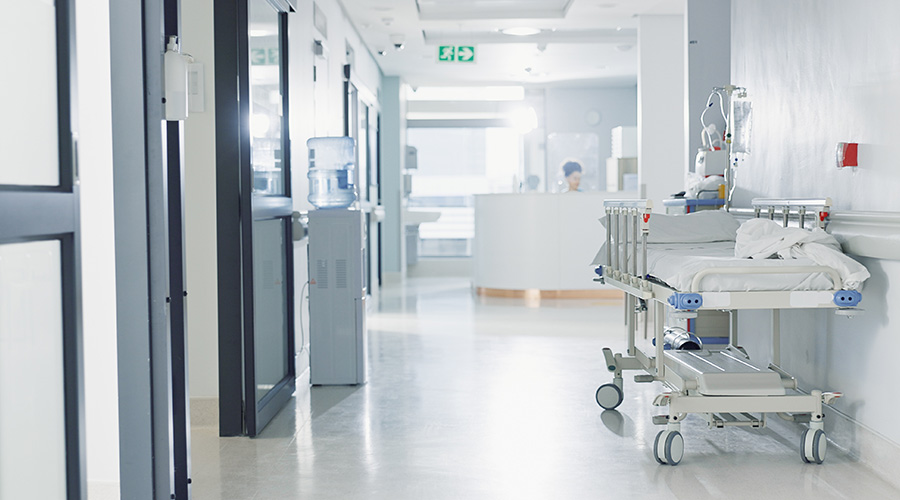According to the latest statistics, over 1.6 million new cases of cancer are diagnosed in the United States each year.(1) As the number of cancer cases grows, treatments for cancer, including chemotherapy, radiation therapy and surgery, are utilized often at healthcare centers nationwide. But in some healthcare facilities, problems with the medical coding process lead to overbilling for cancer drugs and treatment services, having disastrous consequences for providers, patients, and the healthcare system as a whole. The solution, says healthcare support and management industry leader Fi-Med Management, is the application of risk-based auditing software—such as REVEAL/md—in the daily functions of healthcare centers.
Called “upcoding,” fraudulent billing activity occurs when hospitals use incorrect medical codes to charge third-party payers for services or treatments that were not given. Even though patients may not immediately realize the consequences of upcoding, the effects of overbilling are eventually passed on to consumers through higher co-pays and co-insurance rates.
In some cases, certain hospitals use price manipulation to overbill for treatments such as chemotherapy, which costs insurance companies and governmental agencies such as Medicare millions of dollars in payouts.(2) The end result is higher insurance premiums and larger co-pays for healthcare consumers. But hospitals and healthcare providers are also affected—healthcare facilities stand to lose millions in fines and penalties if fraudulent billing practices are identified by healthcare auditors.(3) Individual practitioners can be sued, sanctioned or have their medical licenses revoked.
Adrian Velasquez, president, CEO and co-founder of Fi-Med, says, “Upcoding is too big a risk for healthcare organizations to take. In many cases, healthcare system administration may not even be aware that this fraudulent activity is taking place. That’s why it’s critical for organizations to utilize risk-based auditing software to easily identify problems with coding early on; in this manner, steps can be taken to correct issues before there’s any fallout.”
For more information, visit www.fimed.com.

 How Efficiency Checklists Help Hospitals Save Energy, Water and Money
How Efficiency Checklists Help Hospitals Save Energy, Water and Money Designing with Heart: Seen Health Center Blends Cultural Warmth and Clinical Care
Designing with Heart: Seen Health Center Blends Cultural Warmth and Clinical Care Rutgers Health and University Hospital Breaks Ground on Campus Expansion
Rutgers Health and University Hospital Breaks Ground on Campus Expansion What to Consider When Modernizing Healthcare Facilities
What to Consider When Modernizing Healthcare Facilities Corewell Health Beaumont Troy Hospital to Build New Tower
Corewell Health Beaumont Troy Hospital to Build New Tower